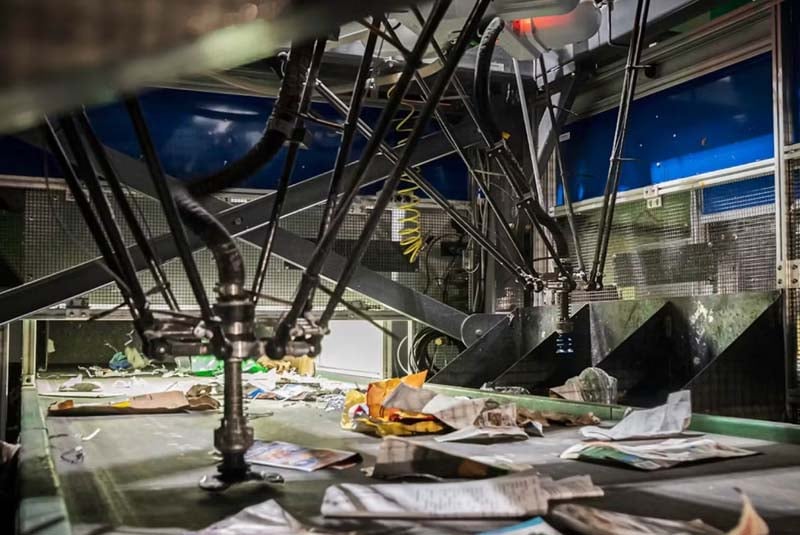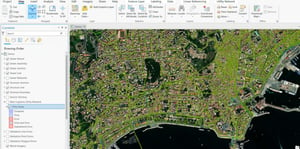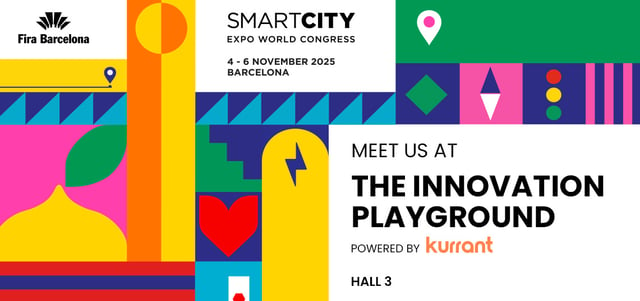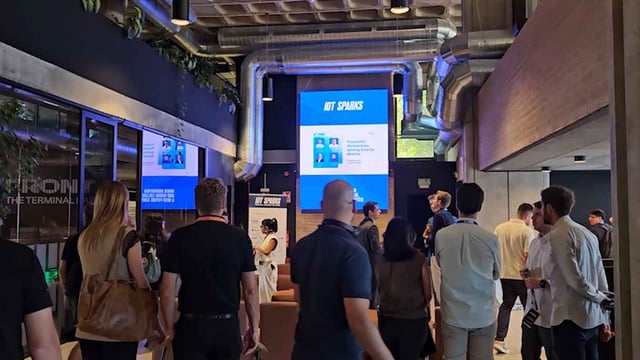The Southeastern Public Service Authority (SPSA), serving eight member jurisdictions in southeastern Virginia and 1.2 million residents, has signed a 20-year strategic contract with AMP Robotics Corporation’s affiliate Commonwealth Sortation LLC to modernize its municipal solid waste (MSW) processing. Under the agreement, AMP will install AI-driven sorting lines and an organics-management system capable of processing 540,000 tons annually, with the objective of diverting 50 % of SPSA’s incoming waste stream from landfill.
Background and Strategic Context
SPSA, established in 1976, serves the cities of Chesapeake, Franklin, Norfolk, Portsmouth, Suffolk, Virginia Beach plus Isle of Wight and Southampton counties.
Facing landfill capacity constraints, with its regional landfill projected to reach capacity by around 2060 absent new measures, the agency initiated a request-for-proposals to overhaul its waste diversion approach. In response, AMP, headquartered in Colorado and known for AI-based sortation systems, had already piloted its technology locally through a 33,000-square-foot facility in Portsmouth and claims to be capable of processing about 150 tons per day (~30–40 k tons annually) with over 90 % uptime.
The investment is valued at approximately US $200 million, according to SPSA documentation and legal-advisory firm disclosures. In legal filings, the advisory firm Eversheds Sutherland confirmed it supported AMP on the agreement; Williams Mullen served as SPSA’s counsel. AMP has previously raised US $91 million (Dec 2024) to accelerate deployment of its “AMP ONE” system for MSW and single-stream recycling.
Technical Details of the Partnership
Under the contract, SPSA and Commonwealth Sortation will deploy multiple MSW sortation lines and an organics management facility. According to reporting, half of the waste delivered to AMP’s facilities must be diverted from landfill; of that diverted portion, at least 20 % will be recyclables (plastics, metals, fibers) and 30 % organics (food, yard waste) under current terms.
The system leverages AI-powered cameras, robotic arms, pneumatic jets and real-time image recognition to identify and separate recyclables and organic waste from bagged trash.AMP says its platform has processed over 2.8 million tons of recyclables and identified more than 200 billion items across its deployed systems globally.
SPSA’s waste characterisation study in 2023 found more than 25 % of residential trash in the region comprised recyclable plastics, metals or paper, even in areas with existing curbside recycling programmes, and about 40 % was organics.
Next Steps
Implementation will proceed over the coming five years as the modular system ramps up across the region. According to the SPSA news release, the contract was approved 3 November 2025 and will now move into procurement, facility modifications and deployment phases.








